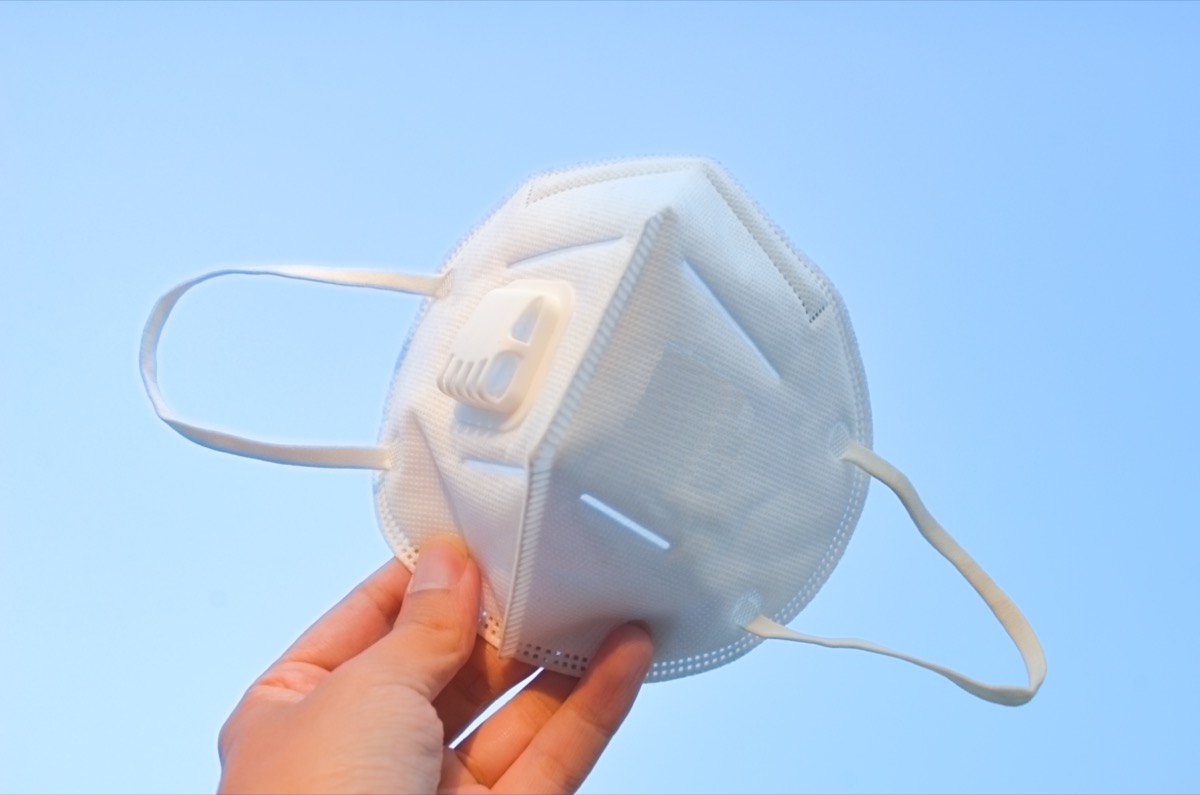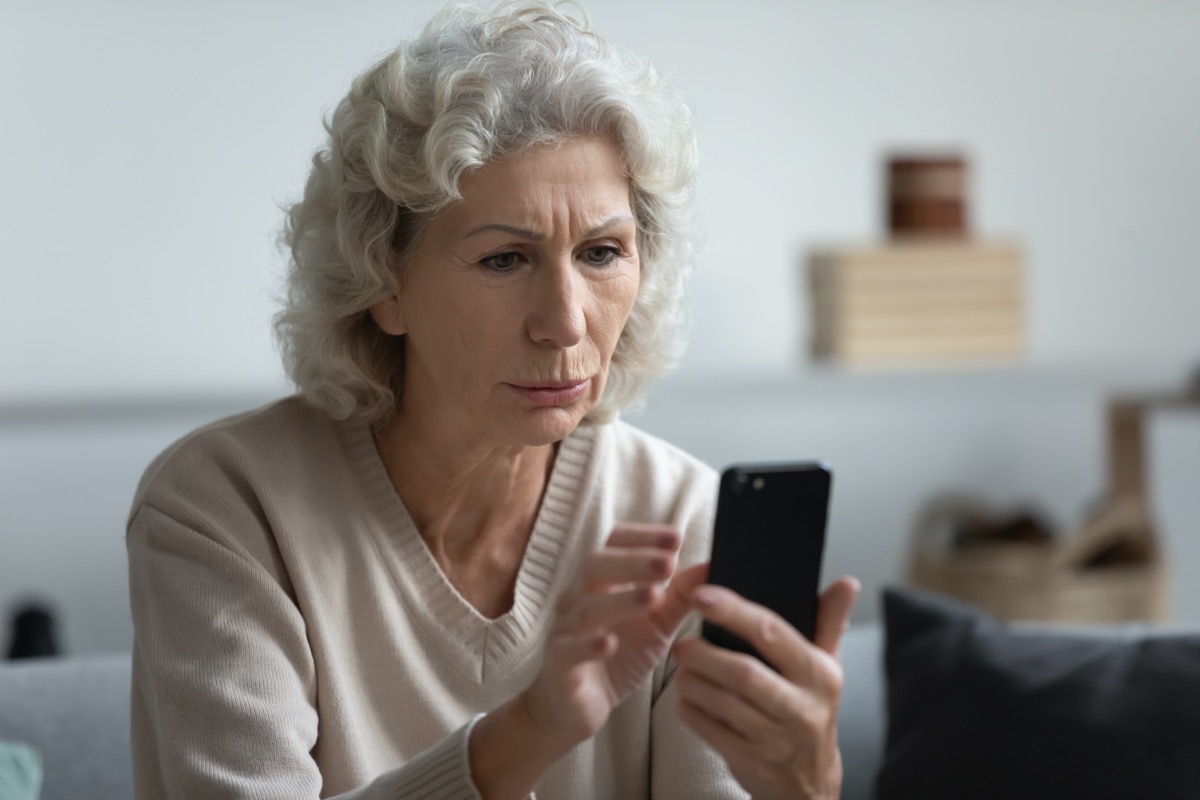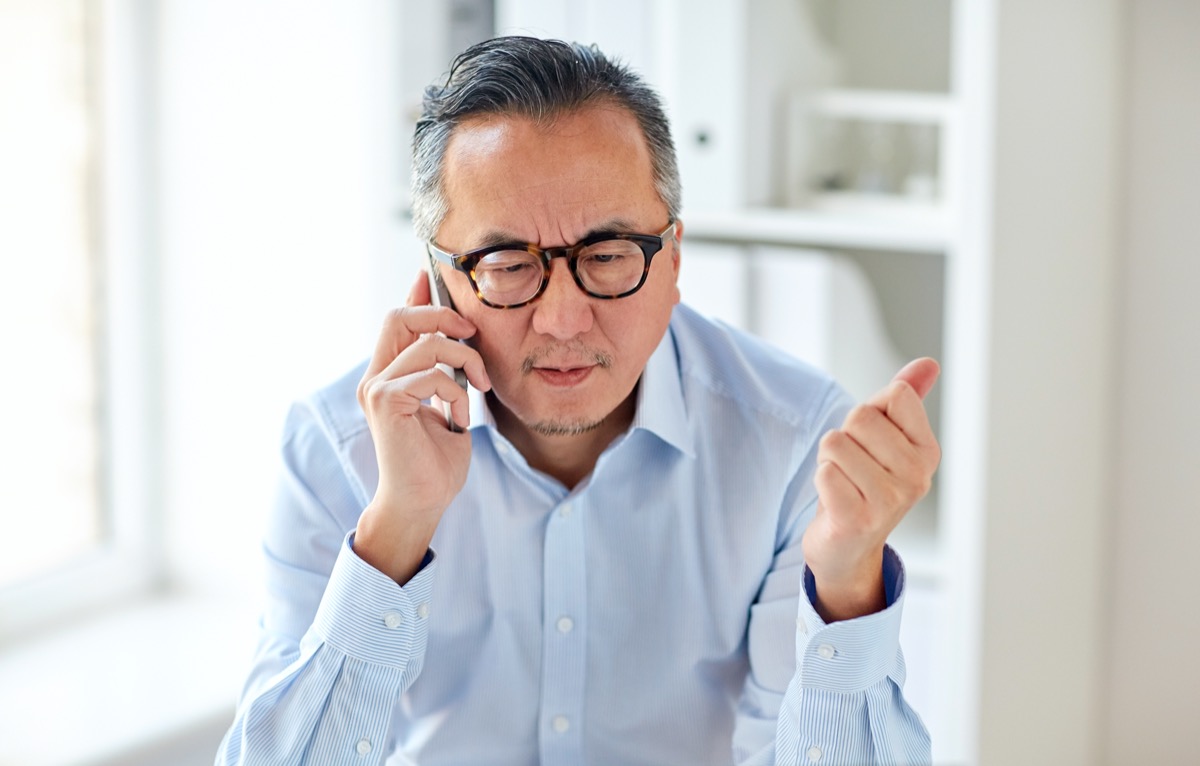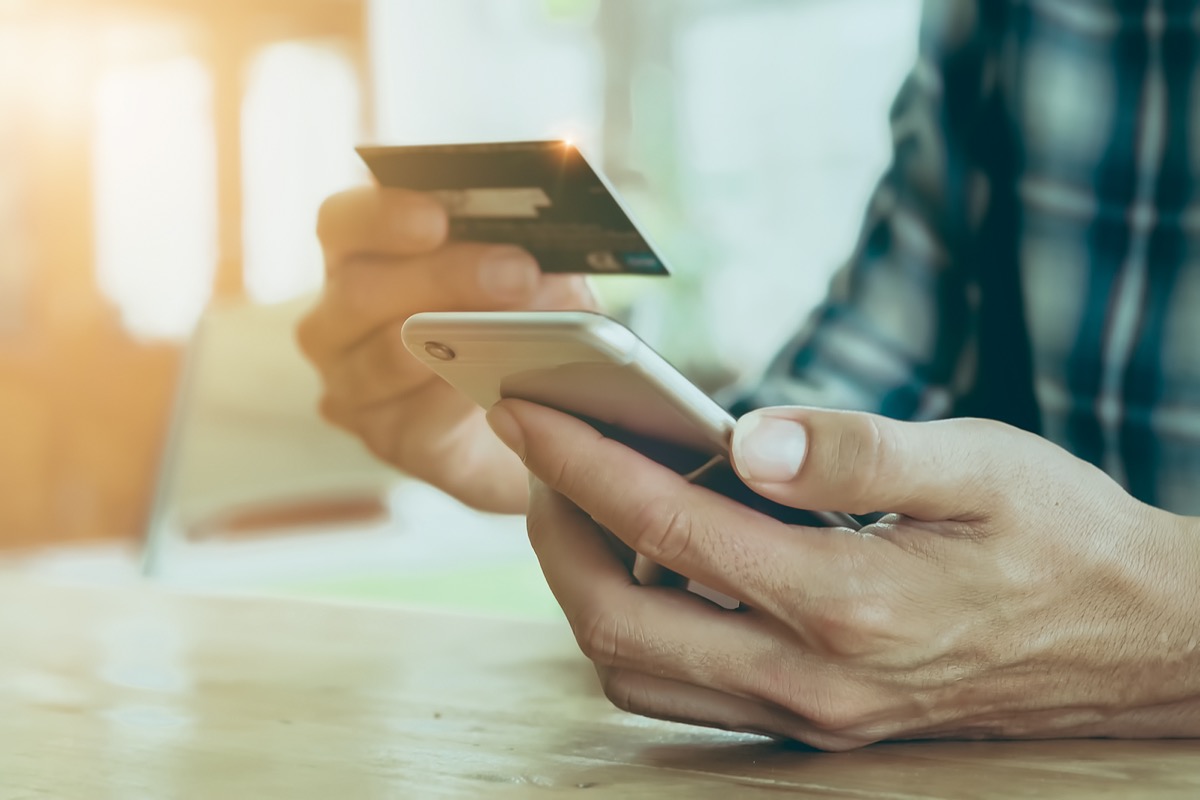Real contact tracers are hugely important to coronavirus response. Trained individuals are tasked with reaching out to those people that an infected person has come into contact with so that they know to self-isolate and/or get tested themselves. Per the FTC, an authorized contact tracer may ask you for your name, details about your health, and information about your movements, so that they can continue tracing positive cases. If a contact tracer asks you for any kind of payment information, your social security number, or your immigration status (the FTC stresses that this is not of interest to tracers), then you should hang up immediately and file a complaint with the FTC. Also, do not click on any link or download emailed to you from a supposed contact tracer—it may be an invasive program that accesses your private information. And for more on how tracing works, This Is Who’s Transmitting Over 50 Percent of COVID Cases, Study Finds.ae0fcc31ae342fd3a1346ebb1f342fcb In late March, the Federal Bureau of the Investigation (FBI) released a warning about the fraudulent sale of personal protective equipment (PPE), as desperate civilians and healthcare providers attempted to stock up. Medical providers were cautioned to be suspicious of “unusual payment terms, last-minute price changes, last-minute excuses for delay in shipment,” and “unexplained source of bulk supply,” and to be wary of any vendors they had not worked with before. In addition, anyone claiming to have a product that can “prevent, treat, diagnose, or cure COVID-19” should be avoided, as there are no such products on the market. In general, it’s best to stick to brands and suppliers that you know and trust. The FBI also encourages that you report any scams you encounter through their website. And for more on PPE, You Should Not Be Wearing One of These Instead of a Face Mask, CDC Warns. The FTC notes that there are no at-home COVID-19 test kits that have been approved by the Food and Drug Administration (FDA). Do not purchase any product that claims to diagnose the coronavirus. In addition, the DOJ advises that you never give Medicare information over the phone to anyone calling to offer free COVID supplies or tests. Per the DOJ, there have been many reports of apps, websites, mass emailers, and robocallers claiming to represent the Internal Revenue Service (IRS) and asking for personal information for access to stimulus funds. The IRS is not collecting information through any of these avenues. “Be wary of calls claiming you received an overpayment of the stimulus money and demanding a ‘refund’ of the difference,” the agency also says. “Law enforcement has seen an increase in social media scams and telephone calls fraudulently seeking donations for illegitimate or non-existent charitable organizations requesting you to enter your bank account information,” the DOJ says. These emails may also prompt you to click a link that may download malicious software to your device. To verify a non-profit organization that you haven’t heard of before, you can use sites like Charity Navigator. As for crowdfunding, stick to known and trusted services such as GoFundMe over giving your information directly to a solicitor. And for more up-to-date information, sign up for our daily newsletter.




